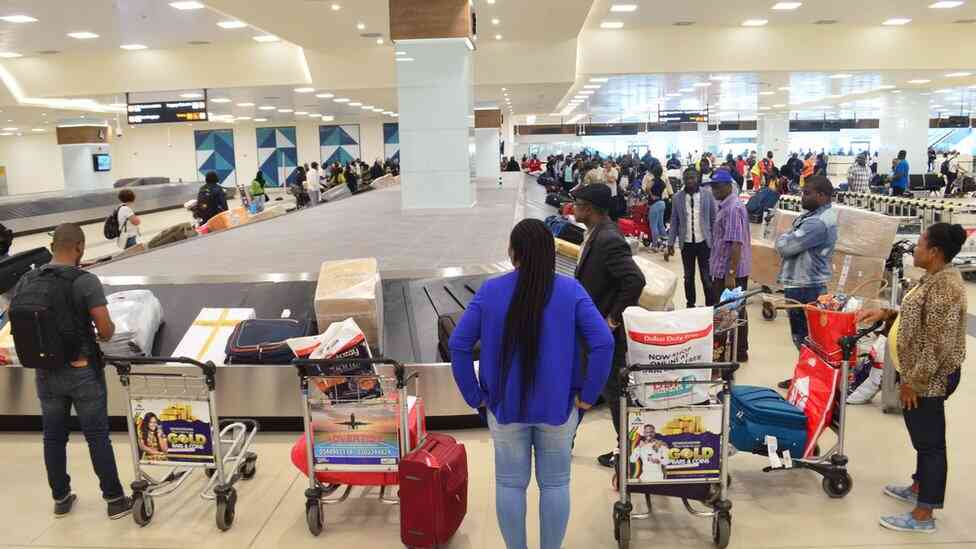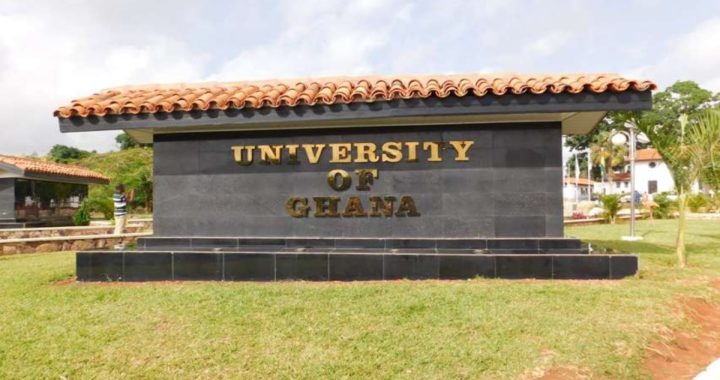Check Out The Full Meaning Of V.I.S.A

Types of Visa
There are many different types of visas that can be issued by governments to allow people to enter, stay in, or travel through their countries. Some common types of visas include:
- Tourist visa: Issued to individuals who want to travel to a country for leisure or recreational purposes.
- Business visa: Issued to individuals who want to travel to a country for business purposes, such as attending meetings or conferences.
- Student visa: Issued to individuals who want to study in a foreign country.
- Work visa: Issued to individuals who want to work in a foreign country.
- Transit visa: Issued to individuals who need to pass through a country en route to their final destination.
- Resident visa: Issued to individuals who want to live in a foreign country for an extended period of time.
- Family visa: Issued to family members of individuals who are already living in a foreign country.
- Humanitarian visa: Issued to individuals who are seeking asylum or other forms of humanitarian protection.
READ ALSO: All 2022 BECE ICT Questions Solved for 2023 Candidates
Conditions of Issue
A visa will be issued to you if you have the following documents or have passed through the following steps:
- A valid passport: Most countries require applicants to have a valid passport in order to apply for a visa. The passport must be in good condition and have at least six months of validity remaining.
- A completed visa application form: Applicants will typically be required to fill out a visa application form, which may include personal information, details about the purpose of the trip, and other relevant information.
- Supporting documents: Depending on the type of visa being applied for, applicants may be required to provide additional documents such as proof of employment, proof of enrollment in a school or university, or a letter of invitation from a host in the destination country.
- Payment of fees: Most countries charge a fee for processing visa applications. This fee may vary depending on the type of visa being applied for and the country issuing the visa.
- An interview: Some countries may require applicants to attend an interview at a consulate or embassy as part of the visa application process. During the interview, applicants may be asked questions about their background, the purpose of their trip, and other relevant topics.
- Adequate travel insurance: Some countries may require applicants to have adequate travel insurance in order to be issued a visa. This insurance may be required to cover medical expenses, trip cancellations, and other unforeseen circumstances.
- Compliance with local laws: In order to be issued a visa, applicants must be in compliance with the laws of the country they are visiting and must not pose a threat to public safety or national security
READ ALSO: Profile Of Kennedy Agyapong: Age, Wife, Children, Education, Politics, Net Worth
Send Stories | Social Media | Disclaimer
Send Stories and Articles for publication to [email protected]
We Are Active On Social Media
WhatsApp Channel: JOIN HERE
2024 BECE and WASSCE Channel - JOIN HERE
Facebook: JOIN HERE
Telegram: JOIN HERE
Twitter: FOLLOW US HERE
Instagram: FOLLOW US HERE
Disclaimer:
The information contained in this post on Ghana Education News is for general information purposes only. While we endeavour to keep the information up to date and correct, we make no representations or warranties of any kind, express or implied, about the completeness, accuracy, reliability, suitability or availability with respect to the website or the information, products, services, or related graphics contained on the post for any purpose.



 Asogli State rejects renaming Ho Technical University after Ephriam Amu
Asogli State rejects renaming Ho Technical University after Ephriam Amu  KNUST Pro Vice-Chancellor makes donation of $10,000 To GReF
KNUST Pro Vice-Chancellor makes donation of $10,000 To GReF  Lydia Alhassan provides free transport for UG level 100 students
Lydia Alhassan provides free transport for UG level 100 students  How to buy UG Admission Voucher with Momo/Shortcode
How to buy UG Admission Voucher with Momo/Shortcode  The Poll Tax Ordinance of 1852
The Poll Tax Ordinance of 1852  Top 5 Universities in the Netherlands for Masters Studies
Top 5 Universities in the Netherlands for Masters Studies